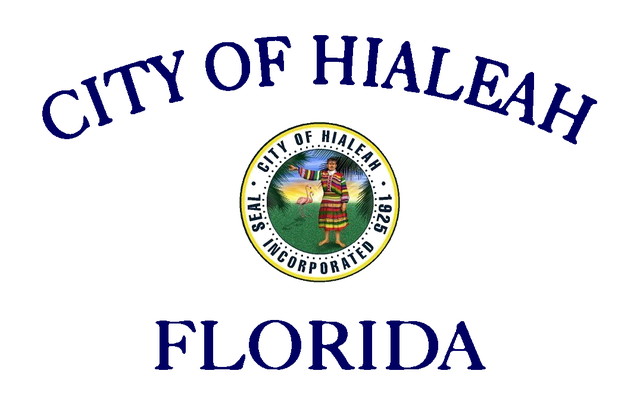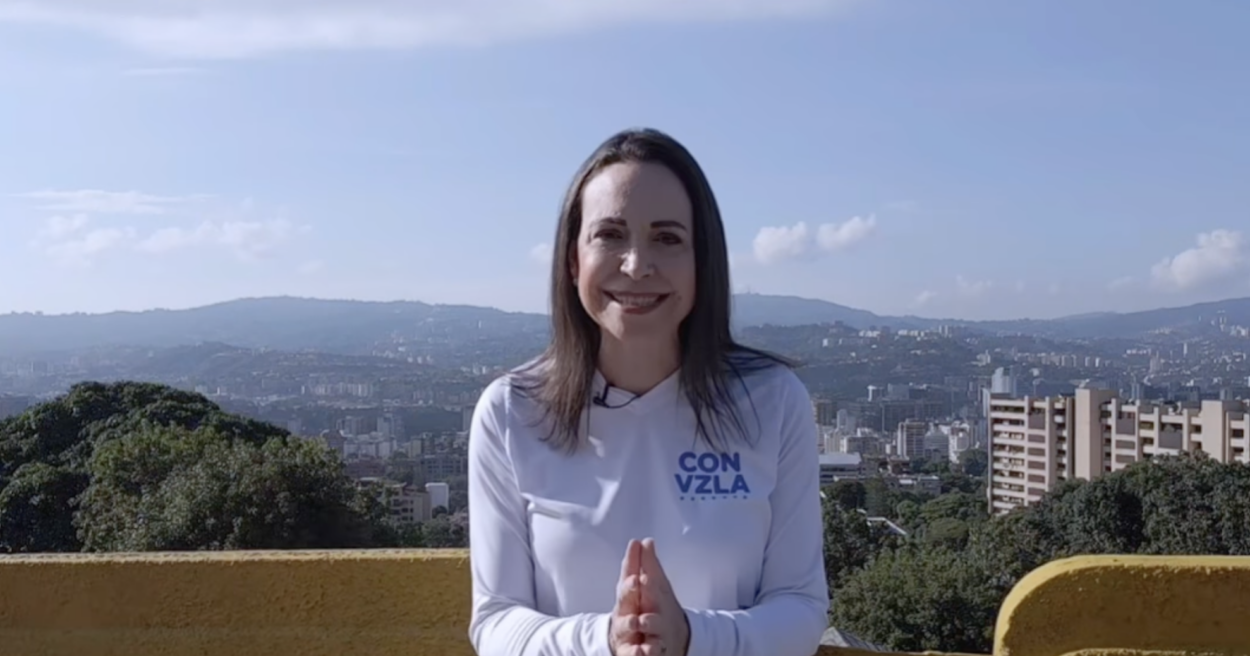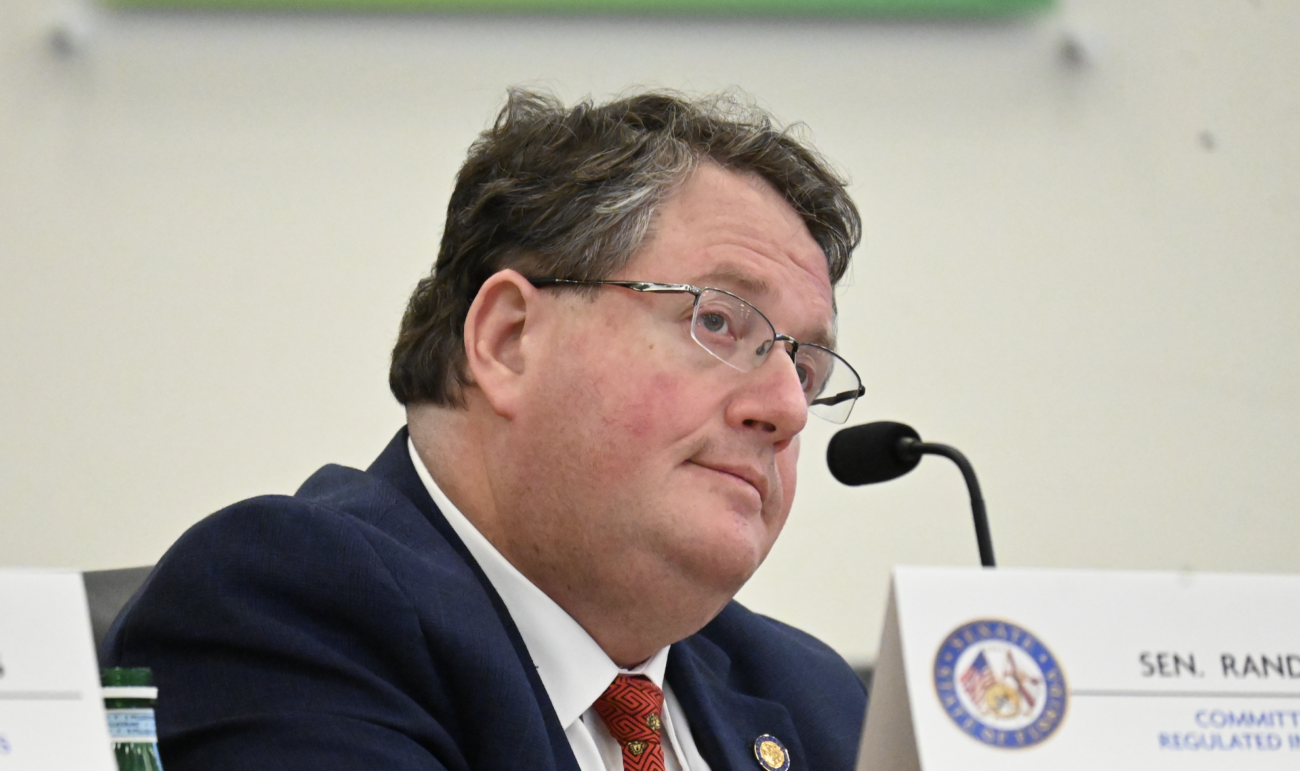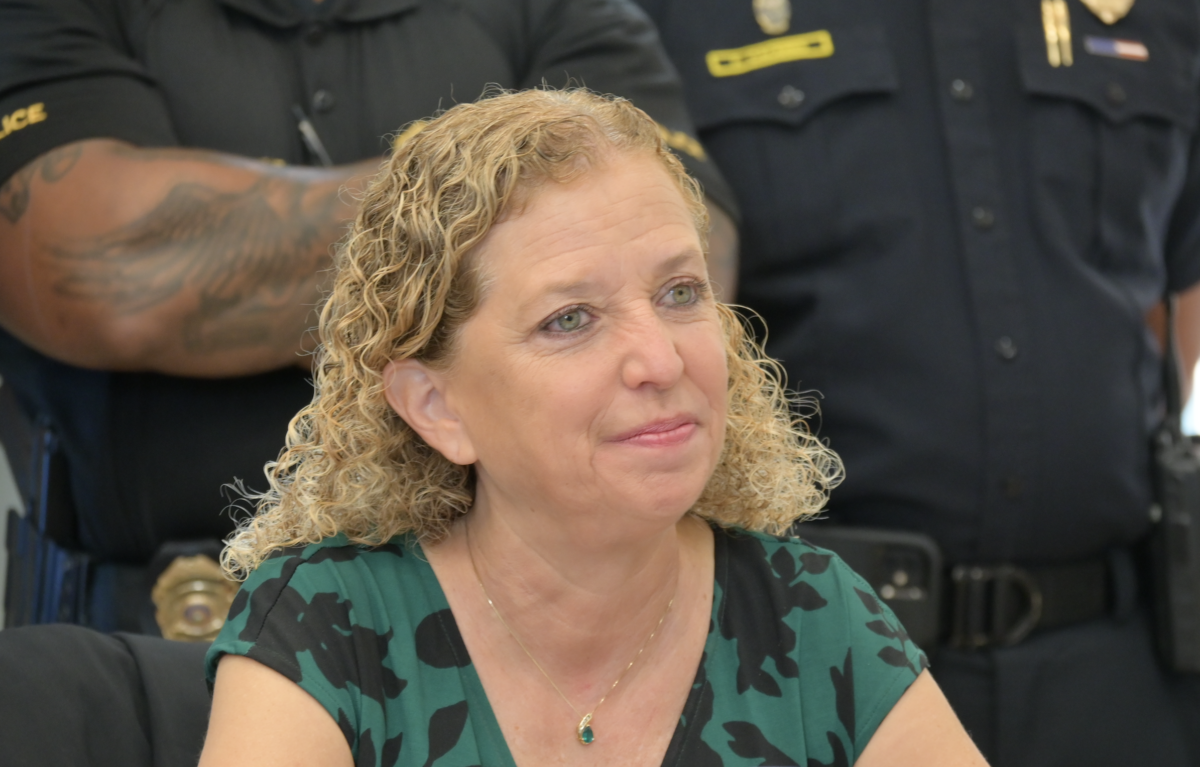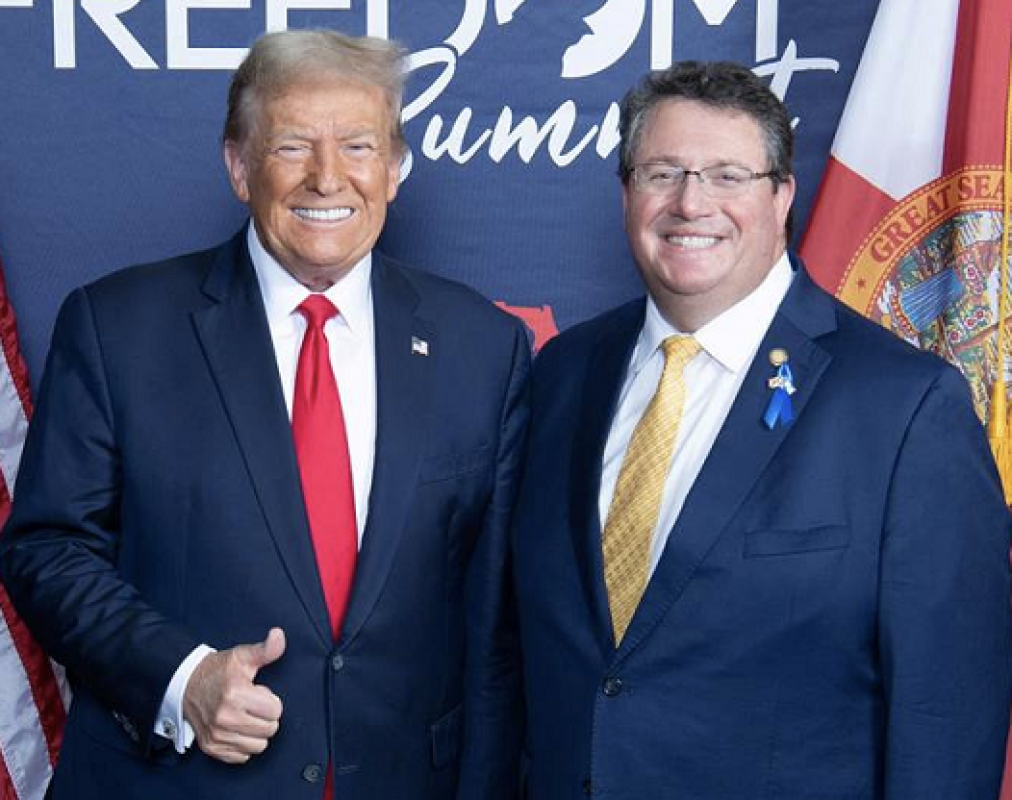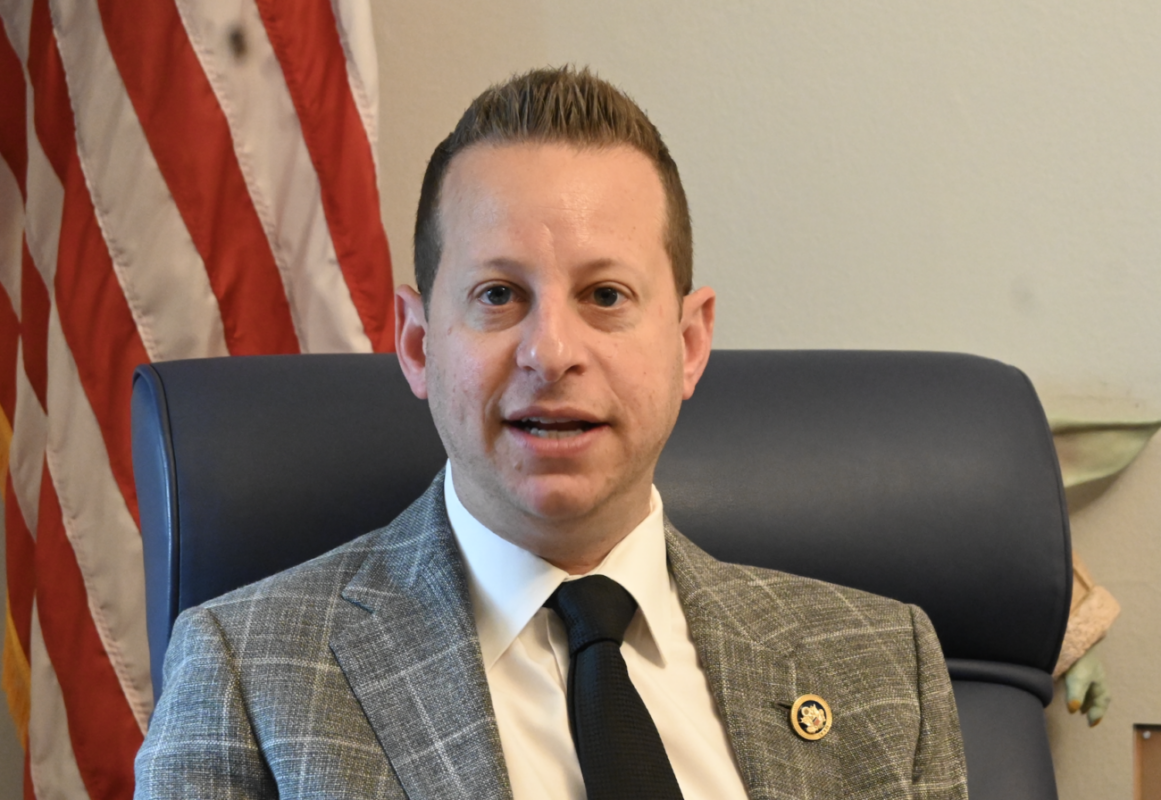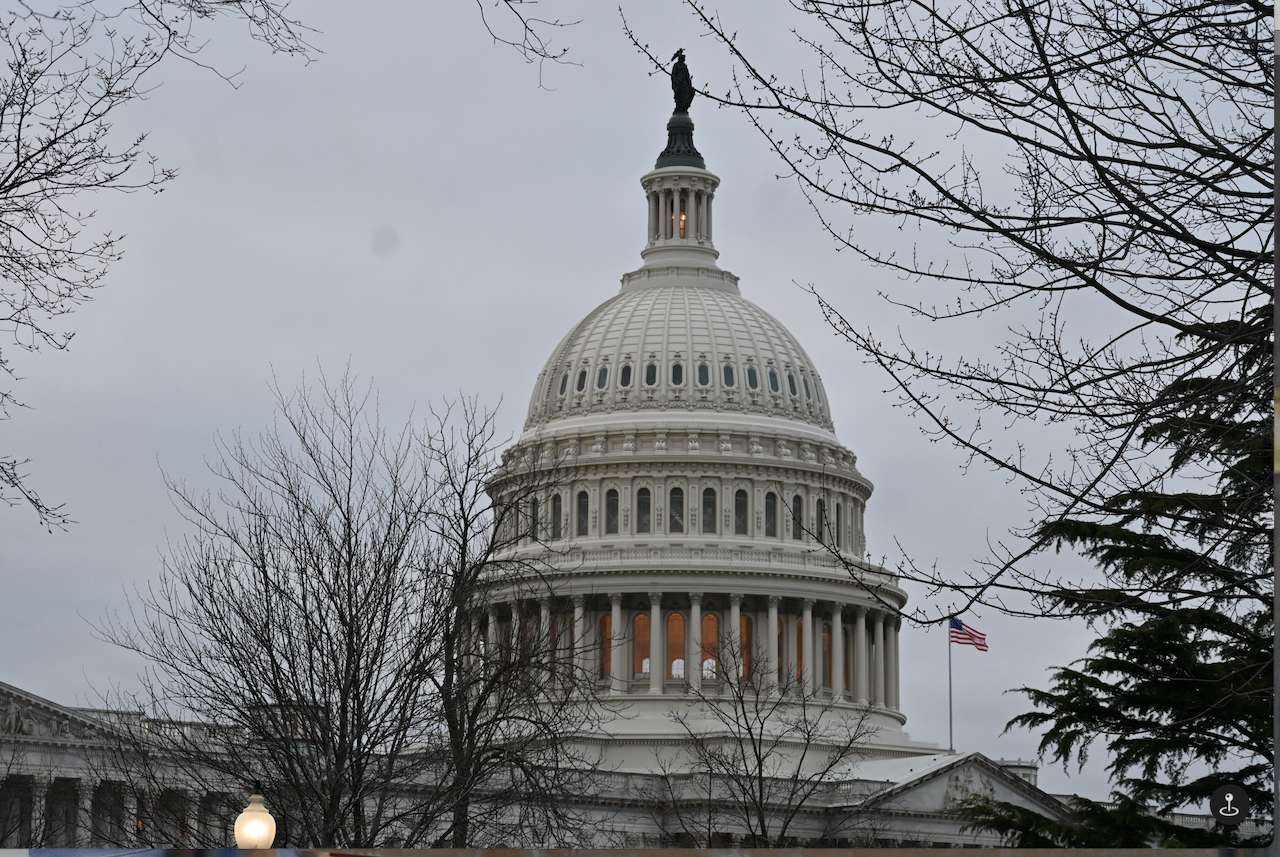TALLAHASSEE - Legislators in the state's capitol are set to consider regulations that could impact how artificial intelligence is used for political advertisements.
Recently, Florida State Senator Nick DiCeglie (R-18) filed a bill that would create a new section in Florida statutes covering artificial intelligence (AI) use in political media.
Specifically, Senator DiCeglie’s bill aims at regulating ‘generative’ AI.
Generative AI is software that can generate images, video, audio, text, and other digital content upon being queried to do so by a user.
The emergence of this new and generally unregulated technology has enabled a proliferation of videos and images at times depicting individuals partaking in actions that never occurred.
Simultaneously, companies and politicians have been harnessing the technology to generate advertisements more efficiently and in novel ways.
Last July, for example, Miami Mayor Francis Suarez’s now-defunct political campaign launched a generative AI chatbot to interact with voters.
The chatbot would take users’ questions and match them to videos created by an AI-powered avatar made to look like Miami Mayor Suarez.
DiCeglie’s bill would require any content produced with the assistance of generative AI to include a disclaimer notating the same.
Last month, Meta, the owner of Facebook and Instagram, announced similar measures. Political ads running on Meta platforms will be required to disclose if they were created using artificial intelligence.
If DiCeglie’s bill is passed, political campaigns that fail to disclose generative AI use for their advertisements could be fined thousands of dollars.
While DiCeglie’s bill presents the first form of regulation of AI-use for political purposes in Florida, it remains unclear whether more regulations will follow.
Last month, DiCeglie proposed a different bill that would bar students who commit certain criminal actions from participating in high school sports.



